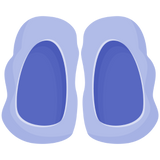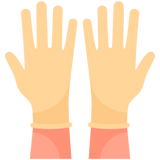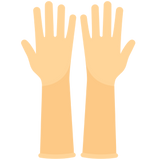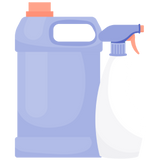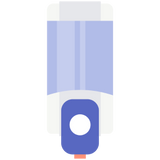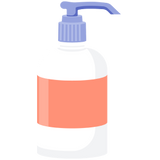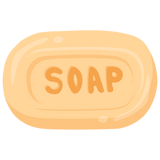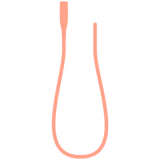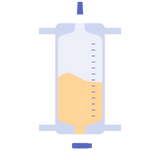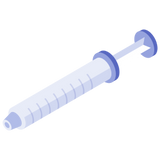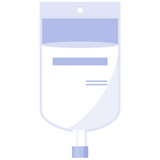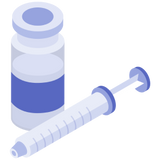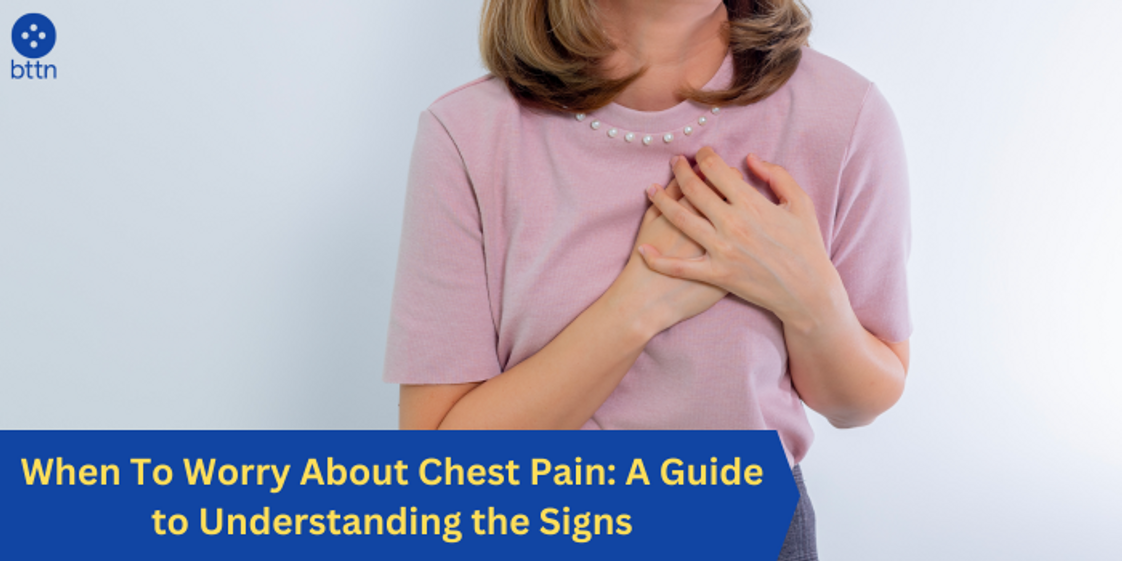
When To Worry About Chest Pain: A Guide to Understanding the Signs
Posted by Pankaj Dhiman on Oct 9th 2023
Imagine this scenario: You're going about your day when suddenly, you feel a sharp twinge in your chest. Panic sets in, and you wonder, "Could this be a heart attack?" Chest pain can be a frightening experience, and it's essential to know when to worry and when to stay calm. In this blog, we'll delve into the signs of a heart attack, how to differentiate it from other types of chest pain, and when to seek medical help.
Signs of a Heart Attack
A heart attack, also known as a myocardial infarction, occurs when the blood flow to a part of the heart muscle is blocked, usually due to a blood clot. Recognizing the signs of a heart attack is crucial for prompt medical intervention, which can save lives. Here are the key symptoms to watch out for:
- Chest Pain: The most common symptom is a feeling of tightness, pressure, or pain in the chest. It may last for several minutes or come and go.
- Radiating Pain: The pain may radiate to other areas of the upper body, such as the arms (especially the left arm), neck, jaw, back, or stomach.
- Shortness of Breath: You may experience difficulty breathing, often accompanied by a feeling of impending doom.
- Nausea and Sweating: Nausea, vomiting, and profuse sweating can be signs of a heart attack.
- Lightheadedness or Fainting: Feeling lightheaded or actually fainting can be indicative of a heart problem.
- Cold Sweats: Cold, clammy sweats are a common sign of heart attack.
- Unexplained Fatigue: Extreme tiredness, especially when it comes on suddenly, can be a warning sign.
Could Your Chest Pain Be a Heart Attack?
Now that you know the signs, let's address the big question: could your chest pain be a heart attack? The answer isn't always straightforward, as chest pain can have various causes. It's essential to consider the following factors:
1. The Nature of the Pain: Is the chest pain sharp and short, or is it more of a dull ache or burning sensation? While heart attack pain can be sharp, it's often described as a pressure or squeezing sensation.
2. Changing Positions: Try changing positions. If your pain worsens or remains unchanged, it could be a red flag. Heart attack pain usually doesn't get better with movement.
3. Antacids and Chest Pain: Sometimes, indigestion or heartburn can mimic the discomfort of a heart attack. If antacids ease your pain, it's more likely to be related to digestion. However, this is not a foolproof method, and you should still seek medical attention if you're unsure.
4. Activity and Chest Pain: Pay attention to how your chest pain responds to activity. Heart attack pain typically doesn't improve with rest, and exertion can exacerbate it.
Bottom Line
Chest pain should never be taken lightly, especially if you're concerned it could be a heart attack. Here's what you should do if you experience chest pain:
- Call 911 Immediately: Don't hesitate to call for emergency medical help. Time is of the essence when it comes to treating a heart attack.
- Chew Aspirin: If you have aspirin on hand and are not allergic to it, chewing an aspirin can help thin the blood and improve blood flow during a heart attack.
- Stay Calm: Panicking can worsen the situation. Try to stay as calm as possible while waiting for help to arrive.
- Don't Drive Yourself: If you suspect a heart attack, it's best not to drive yourself to the hospital. Let the paramedics transport you to ensure prompt care.
- Inform Others: If you're with someone when you experience chest pain, let them know what's happening so they can assist you and communicate with medical professionals.
In conclusion, chest pain can be a concerning symptom, but it doesn't always mean you're having a heart attack. Knowing the signs of a heart attack and paying attention to the nature of your chest pain are essential for making informed decisions about seeking medical help. When in doubt, don't hesitate to call 911 and let the experts determine the cause of your chest pain. Your health and well-being are worth the precaution.
Remember, it's better to be safe than sorry when it comes to matters of the heart.






